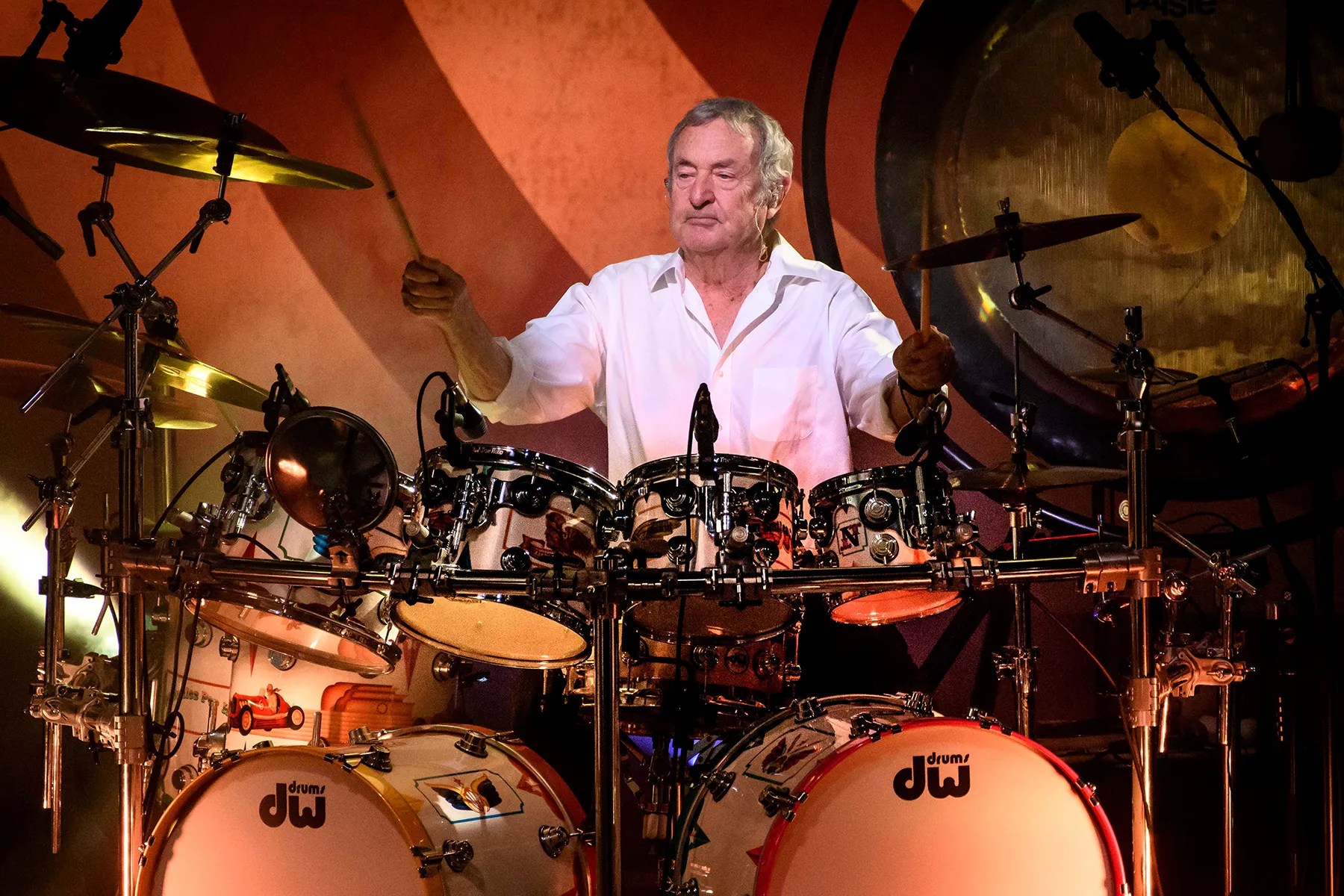Nick Mason, the legendary drummer of Pink Floyd, recently expressed his curiosity about the potential of artificial intelligence in creating new music for the iconic band. In a conversation with The Sunday Mirror, Mason shared his thoughts on how AI could contribute to the band’s legacy, calling it a “fascinating” concept to see what AI could produce in terms of new Pink Floyd music. This sentiment was echoed during an exclusive interview with Far Out Magazine earlier this year, where Mason discussed the broader implications of AI in the music industry.

Despite Mason’s interest, he acknowledged the challenges of reuniting his former bandmates, David Gilmour and Roger Waters, under such a concept. The historical feud between Gilmour and Waters, which dates back to legal battles in the 1980s, casts a shadow over any potential collaboration, human or AI-driven. However, Mason’s openness to exploring AI-generated music highlights his forward-thinking approach and willingness to embrace new technology.
Mason’s comments come at a time when the music industry is increasingly divided over the role of AI in creativity. While some see it as a tool that could revolutionize the production process, others fear it might erode the essence of human artistry. Mason seems to balance both perspectives, recognizing the potential for AI to assist in songwriting while maintaining a healthy skepticism about its broader impact on creativity.
Currently, Nick Mason remains actively involved in music through his band, Saucerful of Secrets, which performs Pink Floyd tracks from the Syd Barrett era. Reflecting on his career, Mason shared with Far Out Magazine that one of the goals of his current project is to offer something unique and avoid competing with tribute bands, focusing instead on creating fresh and engaging performances.
As the debate over AI’s role in music continues, Mason’s insights provide a thought-provoking glimpse into the future of music production. His blend of curiosity and caution serves as a reminder of the ever-evolving nature of the music industry and the endless possibilities that technology might bring.
